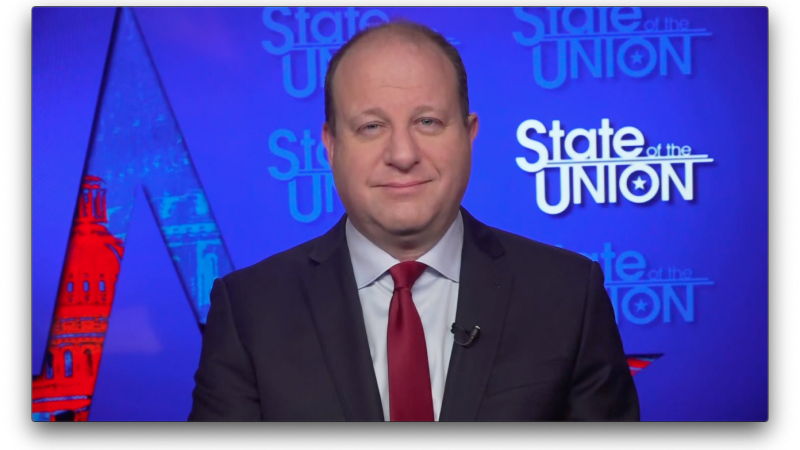Florida bill would expand prison incentive program designed to reduce recidivism
Florida nonviolent offenders could be part of a new incentive program if a new bill becomes law.
Nonviolent offenders in the Florida could be part of a new incentive program if a new bill becomes law.
Senate Bill 1048 is sponsored by state GOP Sen. Danny Burgess. It would expand the Florida Department of Corrections' incentivized prison program, which provides education, life skills and discharge planning to reduce recidivism.
The program would be established under the Office of Programs and Re-Entry for nonviolent offenders who have demonstrated positive behavior while incarcerated. The focus is solely on getting inmates prepared for life on the outside and includes substance use disorder treatment, mental health treatment, and post-release planning.
The incentivized program would take place at a rural correctional facility for male inmates with a capacity of at least 1,500 inmates. The county in which the program would be established must also not have any more than 30,000 residents, but no fewer than 25,000, and would serve the entire institution.
To become eligible, inmates would need to be a U.S. citizen, request to participate, and be serving a term of imprisonment for a nonviolent offense that has a release date greater than 24 months at the time of program consideration. Sexual predators and sexual offenders are not permitted to participate and veteran inmates would be given priority.
CareerSource Florida would also work closely with the DOC to identify high-demand occupations better to prepare inmates for successful employment opportunities upon release and provide both educational and vocational resources needed to train in these areas. This also includes access to academic resources through partnerships with local state colleges and universities for higher education.
Inmates could be removed from the program if they are found guilty of any violation on any disciplinary report, request to be removed or the department concludes that the inmate threatens the safety of the program’s operation.
Reentry plans must include the means for inmates to get identification including social security cards, a driver's license or birth certificate, and any necessary occupational licenses or credentials. These plans are further required to provide job placements, interview and resume writing skills, community support and meet basic physical needs like food, clothing and housing.
If the bill passes, it would be effective on July 1.















